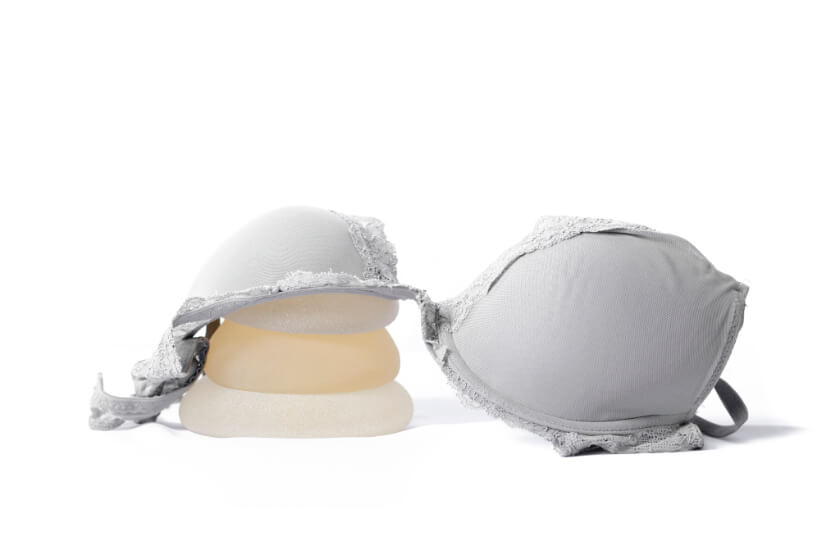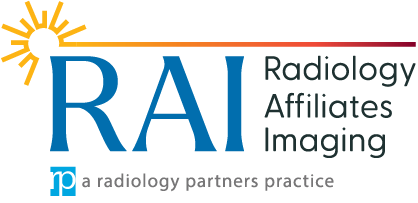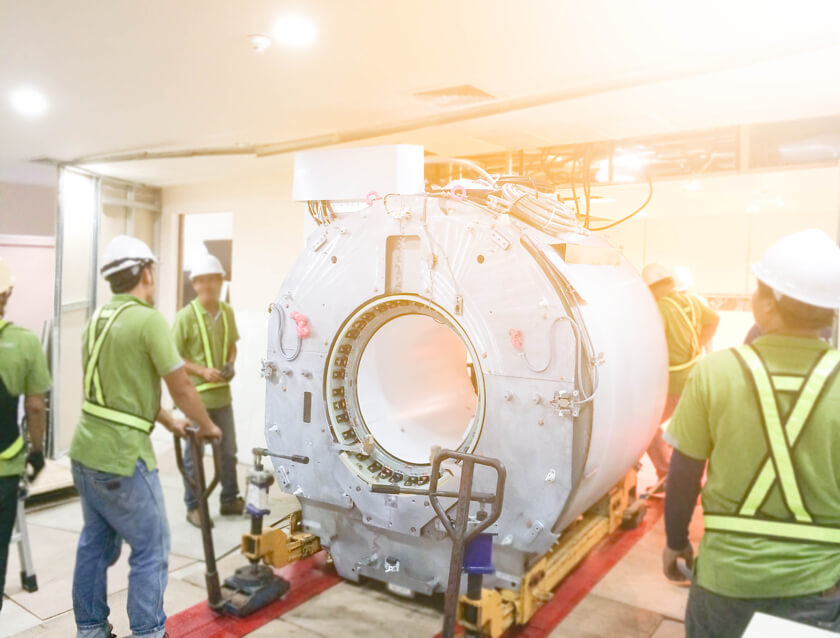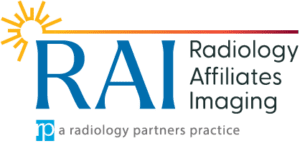
Can I Have a Mammogram with Breast Implants?

If you have breast implants, you might wonder if it is safe to have a mammogram. After all, mammograms play an important role in the detection and management of breast cancer. Skipping your mammograms can leave you at risk for letting breast cancer go undiagnosed or diagnosed only after the cancer has progressed to an advanced stage, when it is harder to treat.
Breast Cancer Screening can Save Lives
Mammograms are an important tool for the detection of breast cancer, which is the most common type of cancer in women. Each year, doctors diagnose about 264,000 cases of breast cancer in women and approximately 2400 men, according to the Centers for Disease Control and Prevention (CDC). Breast cancer claims the lives of about 42,000 women and 500 men annually.
Like other types of cancer, breast cancer occurs when normal cells divide and grow rapidly. These abnormal cells do not work like healthy ones, and can prevent healthy breast tissue from functioning well. Left untreated, the abnormal breast cells can spread to other organs and areas of the body to cause dysfunction there.
Mammograms can Detect Breast Cancer Early
A mammogram is a type of x-ray that creates images of breast tissue. These images can show any abnormal areas within the breast tissue. While doctors cannot tell if the abnormal areas are cancer just by looking at the mammogram images, the findings can help doctors decide if more testing is necessary. This testing may include a biopsy, which is a procedure in which the doctor removes a small tissue sample for testing in a laboratory.
The United States Preventive Services Task Force (USPSTF), which is an organization of doctors and disease experts, is currently updating its recommendations. Previous recommendations urge all women ages 50 to 74 at average risk for breast cancer to undergo mammography every two years.
Frequent screening with mammography, along with self-examinations and being aware of changes in breast tissue, can help women discover breast cancer at an early stage, before it spreads to other parts of the body.
About Breast Implants
Breast implants are made from either silicone or saline contained in a silicone outer shell. They vary in shell thickness and texture, size, and shape. Women choose breast implants to enhance their appearance or to rebuild the shape of their breasts after mastectomy – often as the result of breast cancer.
Many women with breast implants are reluctant to undergo mammography out of concern that the implant will rupture. A recent study found that, although implants can rupture can happen during a mammogram, the risk for rupture is low. The researchers reviewed information about 20,539 implant-related adverse events detailed in the Manufacturer and User Facility Device Experience database. The team identified 41 adverse reactions related to mammography; 35 of these cases involved the rupture of an implant, but only 19 of these cases were confirmed by a healthcare professional.
The results of another new study suggest that mammography, and a type of mammography known as contrast-enhanced mammography, can be used safely for screening and diagnostics for women with breast implants.
Dr. Molly Hogan from the Memorial Sloan Kettering Cancer Center in New York City led a team of researchers in the study. The team performed a retrospective review of information in their cancer center’s database that contained information about 104 women with breast implants who underwent a total of 198 mammography exams from November 2014 to March 2020. The research team found that 100 percent of the breast exams were completed, and that 99.5 percent of them had no complications. They published their findings in the October 27, 2022, issue of Clinical Imaging.
Clearly, the risk for rupture is much lower than many people think. The chances for rupture or other adverse events are even lower when the mammography is performed by a facility that routinely screens women with breast implants.
Other women may worry about their exposure to radiation during their mammogram. Because breast implants can obscure breast tissue on a mammogram, the radiology team must take several more x-rays. Fortunately, mammogram technicians use special techniques to capture high-quality images with as little exposure to radiation as possible.
If you have breast implants and are due to have a mammography, consult with your doctor. Be sure to notify the radiology team performing your mammogram that you have breast implants. The technicians performing your mammogram will take special measures to get x-ray images that show as much breast tissue as possible with minimal radiation exposure.
The most important thing you can do to reduce your risk for developing late-stage breast cancer, whether you have breast implants or not, is to have timely mammograms. Contact your doctor or radiology center today to schedule your mammogram.




